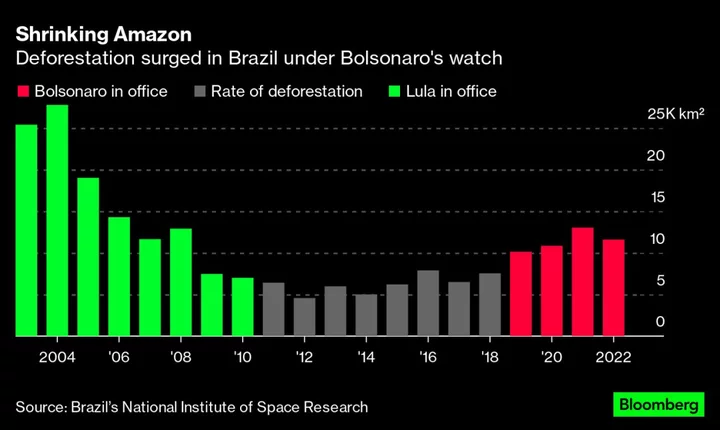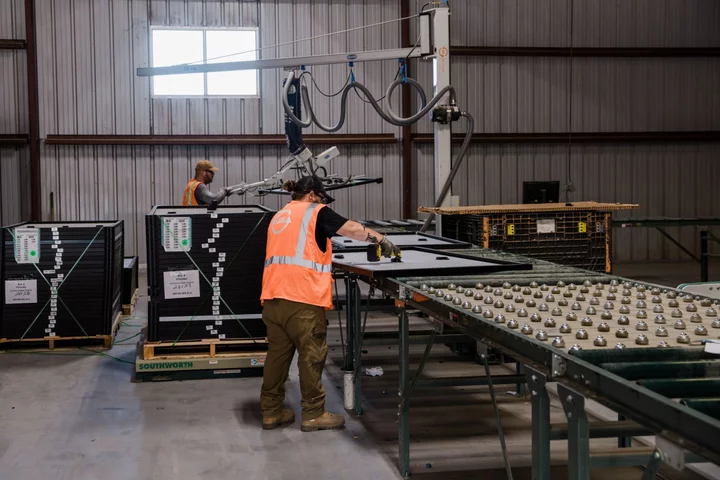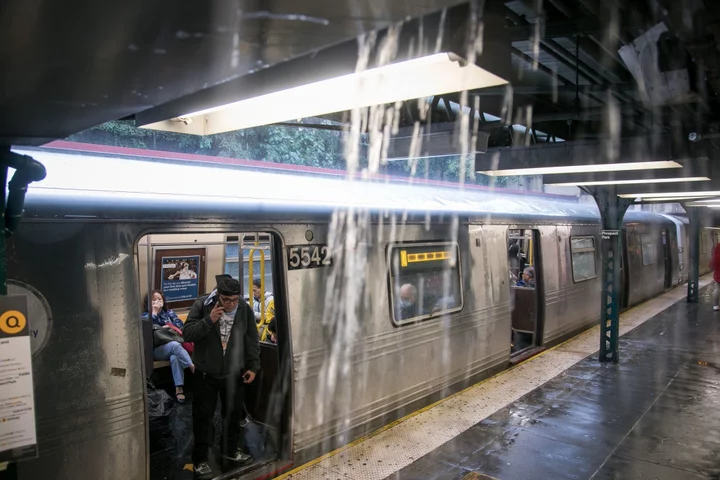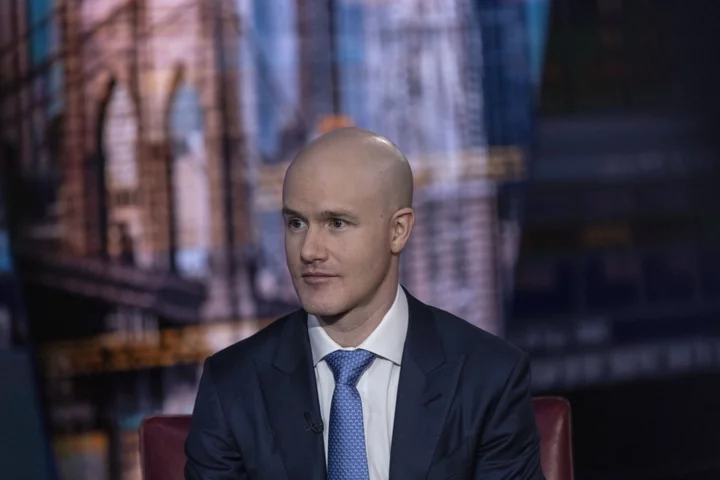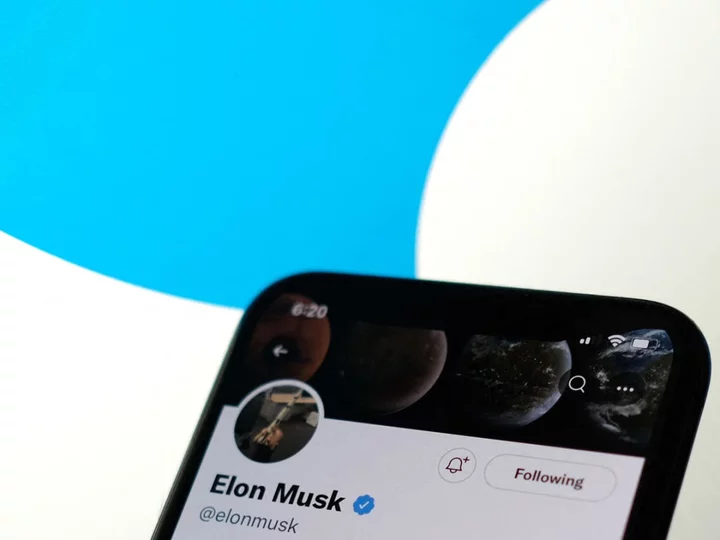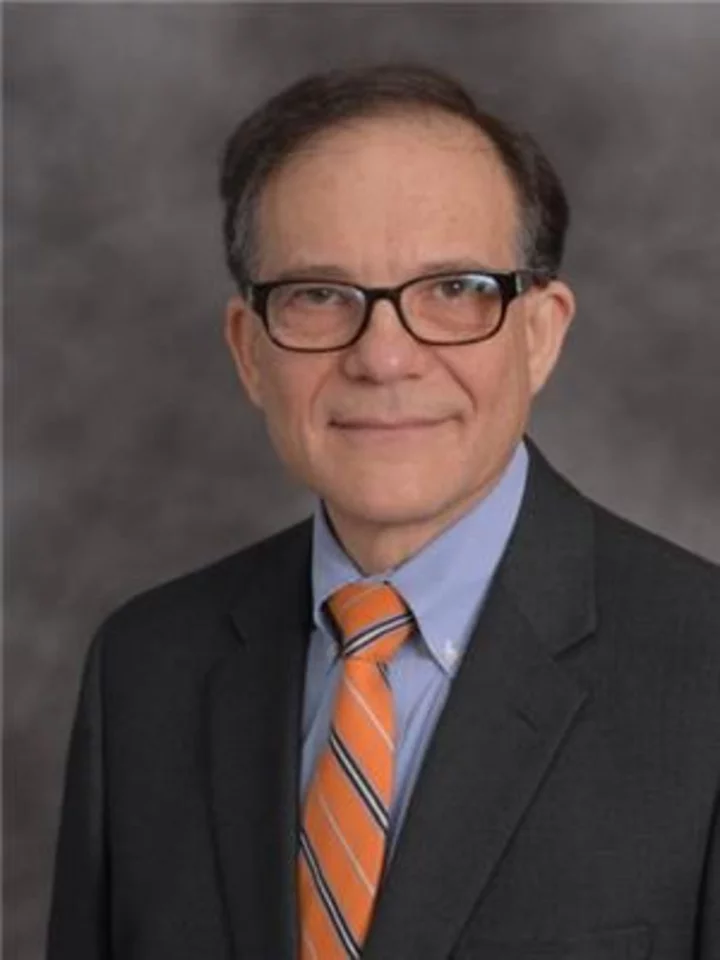The leaders of South America’s Amazon nations will gather in Brazil this week as President Luiz Inacio Lula da Silva attempts to unite them behind a strategy to save the world’s largest rainforest — and pressure the planet’s richest countries to help.
The Amazon Summit will take place Tuesday and Wednesday in Belem, the rainforest city that is slated to host the United Nations’ COP30 climate meetings in 2025.
It will bring together representatives from the eight nations that make up the Amazon Cooperation Treaty Organization — Bolivia, Brazil, Colombia, Ecuador, Guyana, Peru, Suriname and Venezuela — for the first time since 2009. Leaders from other tropical forest countries, including Indonesia, Congo and the Republic of Congo, will also participate.
For Lula, the summit is part of a push to reclaim a leadership role for Brazil in global climate negotiations, a seat it largely abandoned under former President Jair Bolsonaro, who rolled back environmental protections and drew international scorn as rates of deforestation rose.
His goal is to set the stage for November’s COP28 talks in Dubai, where he wants to push wealthy countries to follow through on a stalled pledge to increase climate aid for the developing world.
“We want to prepare, for the first time, a joint document by all the countries that have forests, so that we can arrive together at COP28 and have a very serious discussion with rich countries – who, since 2009, have been promising to release $100 billion to create a fund to help maintain forests and preserve biodiversity,” he said last week.
Since taking office in January, Lula has sought to reduce deforestation rates that under Bolsonaro led major financial institutions to threaten to divest holdings in Brazil. European supermarkets also restricted purchases of Brazilian beef, one of the country’s most important exports.
In July, preliminary government data showed that deforestation in the Amazon fell 66% from a year ago. Abroad, Lula has secured promises from the US, UK and other nations for hundreds of millions of dollars in environmental aid.
Read More: Biden Seeks $500 Million for Brazil’s Amazon Rainforest in Gesture to Lula
But he is still trying to win over skeptics, including French lawmakers that want to add tougher environmental restrictions to a pending trade deal between the European Union and Mercosur, a bloc of South American nations that includes Brazil.
The importance he is now placing on regional cooperation reflects Brazil’s belief that a united front can help attract additional funding and avoid future sanctions, said Matias Spektor, an international relations professor at the Getulio Vargas Foundation in Sao Paulo.
“Coalition politics are back,” he said. “The rationale in Brasilia is that Brazil should not act alone.”
Hard-to-Reach Consensus
Consensus may be difficult to achieve in a commodity-dependent region where about a third of the population lives in poverty and economic development remains the primary concern.
South America’s leaders have outlined varying approaches to environmental issues and extractive industries, with Colombia’s Gustavo Petro calling for a full ban on new oil exploration while Lula’s government has sought to balance future development and its environmental aims. Venezuelan President Nicolas Maduro, meanwhile, has faced condemnation from the UN over human rights abuses related to the participation of state forces in gold mining.
Domestic concerns pose another challenge. Ecuador is focused on looming special elections to replace President Guillermo Lasso, who won’t attend. Peruvian leader Dina Boluarte will travel to Belem but is facing record-low approval ratings at home. And the recent arrest of Petro’s son has exacerbated the political woes of Lula’s closest environmental ally in the region.
The combination has made it unlikely that this week’s summit will result in major binding commitments. An attempt to coalesce the region behind Brazil’s pledge to end illegal deforestation by 2030, which Peruvian Environment Minister Albina Ruiz indicated was a done-deal last month, now appears to be a longshot.
Brazil is nevertheless confident the event will serve as a launchpad for future agreements.
“I believe we start the conversation about defining goals at the summit,” Andre Lima, the secretary of deforestation control at Brazil’s environmental ministry, said in an interview. “A perspective can emerge for the adoption of common goals.”
One area of potential progress is on a strategy to combat increasing violence and criminal activity in the Amazon. A UN report released in June indicated that significant parts of the forest are “wracked by a complex ecosystem of drug crime,” with proceeds from sophisticated trafficking operations funneling into illegal logging, ranching and gold mining.
Read more: Narco Laundering Threatens Amazon Amid Cocaine Boom, UN Warns
Lula has unveiled series of new environmental safeguards and deployed the military to target networks of wildcat miners on Indigenous lands. Populations that face similar challenges throughout the region could benefit from a coordinated approach, said Beto Verissimo, the co-founder of Imazon, an environmental think tank in Belem.
Even if concrete commitments don’t materialize, Lula is likely to continue his efforts to convince Brazil’s neighbors that they are stronger as a bloc, especially amid debates over how much donor countries and major development banks should help fund green transitions in low- and middle-income nations.
The urgency of climate change means that “all the rules are being contested,” said Ilona Szabo, president of the Igarape Institute, a think tank in Rio de Janeiro. “Brazil is keen to negotiate the importance of the region.”
--With assistance from Guilherme Bento.

